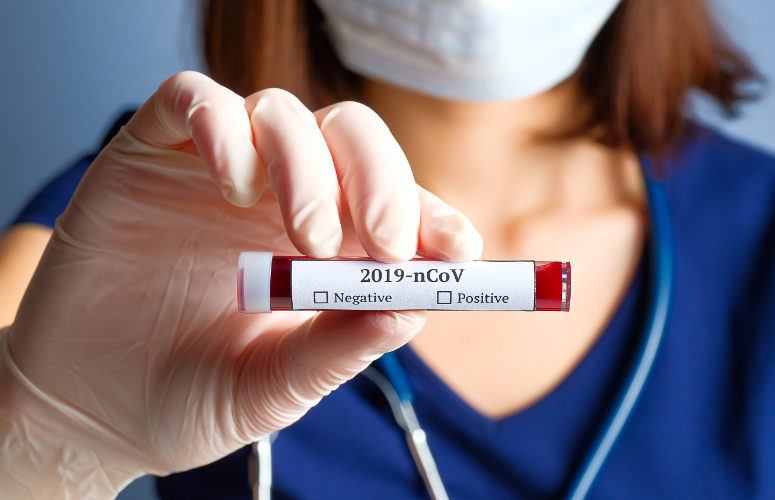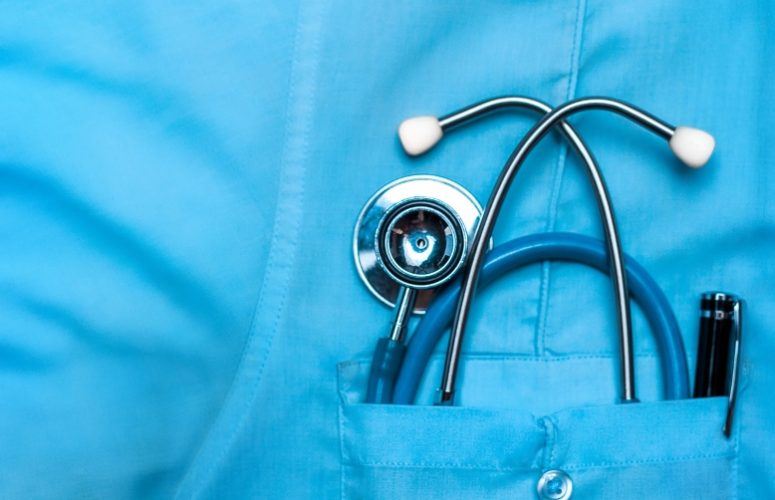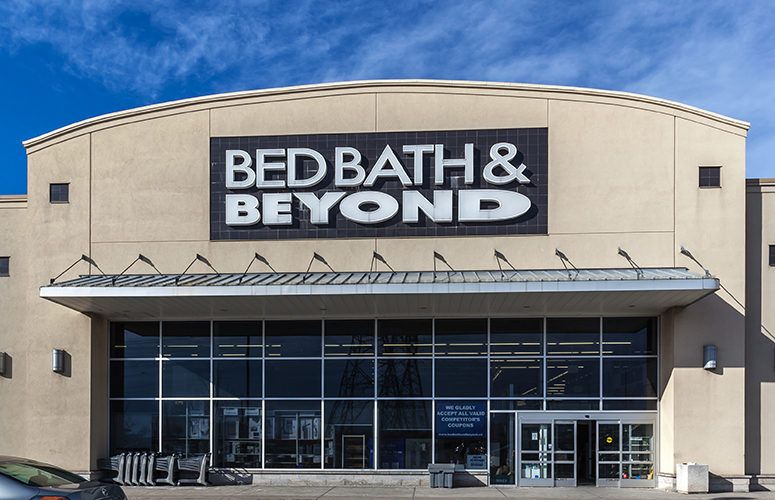
FDA Authorizes Quest’s COVID-19 Diagnostic Testing for Specimen Pooling
First FDA authorization of laboratory technique for use in COVID-19 diagnostic testing
On Jul 20, 2020Secaucus-based Quest Diagnostics, the world’s leading provider of diagnostic information services, has received emergency use authorization (EUA) from the U.S. Food and Drug Administration (FDA) to use specimen pooling with its proprietary molecular diagnostic test for COVID-19. Quest is the first lab provider to receive FDA authorization for the technique for COVID-19 testing in the United States.
In pooling, specimens must still be collected into individual vials, but then are combined into small batches or pools by the laboratory. A negative result for a batch means that all patients in that pool are considered negative (If a positive result occurs for the batch, each specimen is retested individually). The technique is an efficient way to evaluate patients in regions or populations with low rates of disease. Pooling is used routinely in blood banking to screen donated blood for a variety of viruses, among other applications.
With the new pooling EUA, the Quest Diagnostics SARS-CoV-2 RNA (“Quest SARS-CoV-2 rRT-PCR”) test* may be used with pooled upper respiratory specimens (nasopharyngeal, mid-turbinate, anterior nares or oropharyngeal swabs). **In clinical data presented by Quest to the FDA, none of 3,091 total specimens from a population with a prevalence rate of 1-10%, if pooled, would have been incorrectly determined to be negative (95%CI 0.0-0.1%).
The company expects to deploy the technique at its laboratories in Chantilly, VA and Marlborough, MA by the end of next week with additional laboratories to follow.
“As COVID-19 continues to spread around the country, access to timely, quality laboratory testing is critical to patients and an effective public health response,” said Steve Rusckowski, chairman, CEO and president, Quest Diagnostics. “Pooled specimen testing is a proven technique that will help us to optimize testing capacity at this critical time for our country.”
“We applaud FDA for taking this important step to empower Quest to increase capacity across our national laboratory network,” said Jay G. Wohlgemuth, M.D., senior vice president and chief medical officer, Quest Diagnostics. “Pooling will help expand testing capacity but it is not a magic bullet, and testing times will continue to be strained as long as soaring COVID-19 test demand outpaces capacity. Each of us can practice behaviors that will reduce COVID-19 infections in our communities, so our national healthcare system can better respond to this crisis.”
On July 13, 2020, Quest issued a statement that soaring demand for COVID-19 molecular diagnostics is slowing turnaround times to report results.
FDA EUAs for Telemedicine Self-Collection
Yesterday, the FDA also granted three emergency use authorizations to Quest Diagnostics for the use of its Quest Diagnostics Self-Collection Kit with the Hologic Panther Fusion, Hologic Aptima and Roche cobas molecular platforms. The new EUAs expand the use of the self-collection kit beyond the EUA, granted on May 27th, for the use of the kit on the Quest SARS-CoV-2 rRT-PCR test. The company expects the new EUAs will allow it to use self-collection more broadly on behalf of clients and patients in the United States. Self-collected specimens that were not observed by a healthcare professional are not eligible for pooling.
New FDA EUAs Follows EUAs for Other Quest Innovations
Quest Diagnostics is a leader in infectious disease testing services, with a broad menu of molecular, antibody, and other test services to aid diagnosis, treatment and monitoring. The new FDA EUAs follow several others received by the company for its COVID-19 test innovations.
In March 2020, Quest received FDA EUA for The Quest Diagnostics SARS-CoV-2 RNA, Qualitative Real-Time RT-PCR (“Quest SARS-CoV-2 rRT-PCR”), a real-time RT-PCR test intended for the qualitative detection of nucleic acid from the SARS-CoV-2 in upper and lower respiratory specimens collected from individuals suspected of COVID-19 by their healthcare provider. In May 2020, the company received an FDA EUA to use the test nasal swab specimens that are self-collected at home or in a healthcare setting by individuals using an authorized home-collection kit when determined to be appropriate by a healthcare provider.
*The Quest Diagnostics molecular test and self-collection kit have not been FDA cleared or approved, have been authorized by FDA under an EUA, and have been authorized only for the detection of nucleic acid from SARS-CoV-2, not for any other viruses or pathogens. The test and self-collection kit are only authorized for the duration of the declaration that circumstances exist justifying the authorization of emergency use of in vitro diagnostic tests for detection and/or diagnosis of COVID-19 under Section 564(b)(1) of the Act, 21 U.S.C. § 360bbb-3(b)(1), unless the authorization is terminated or revoked sooner.
**The Quest Diagnostics molecular test is also for use with pooled samples containing up to four individual upper respiratory swab specimens (nasopharyngeal, mid-turbinate, anterior nares or oropharyngeal swabs) collected under observation in individual vials containing transport media from individuals suspected of COVID-19 by their healthcare provider. Negative results from pooled testing should not be treated as definitive. If patient’s clinical signs and symptoms are inconsistent with a negative result or results are necessary for patient management, then the patient should be considered for individual testing. Specimens included in pools with a positive, inconclusive, or invalid result must be tested individually prior to reporting a result. Specimens with low viral loads may not be detected in sample pools due to the decreased sensitivity of pooled testing.
To access more business news, visit NJB News Now.
Related Articles:





